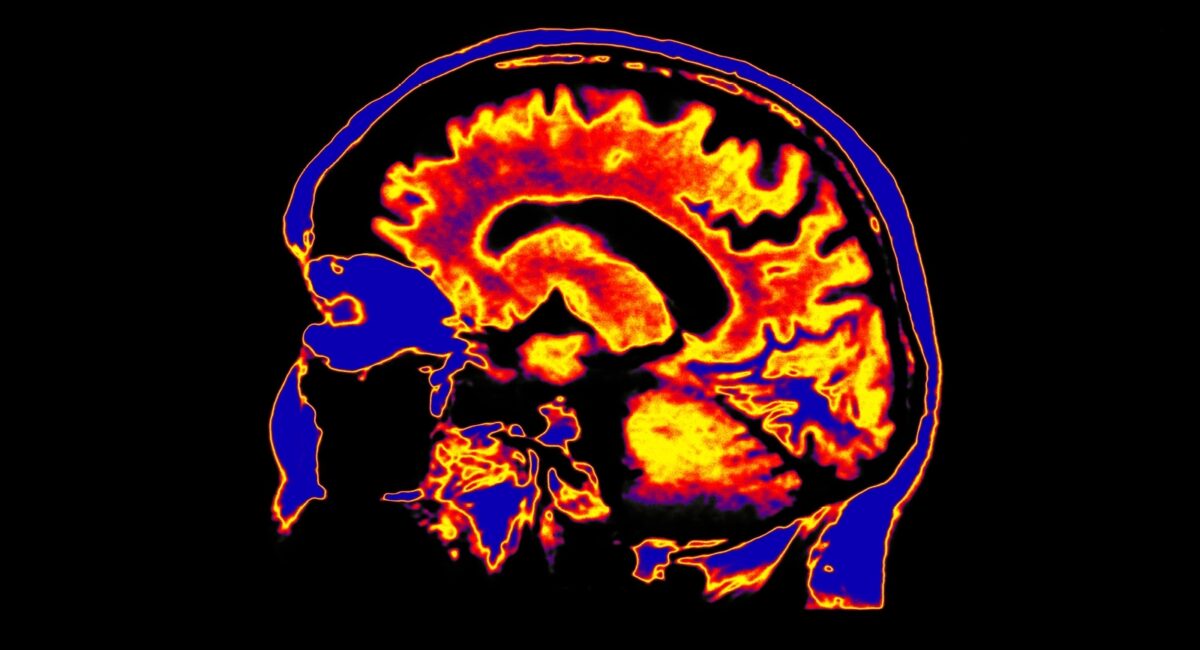
Functional Neurological Disorder (FND) is a problem with the functioning of the nervous system, i.e., how the body and brain send and receive signals.
This disconnect between brain and body reveals itself in a wide variety of distressing physical, sensory and cognitive symptoms, including numbness, limb weakness, chronic pain, tremors, and dissociative attacks that resemble epileptic seizures. Symptoms can be fleeting or last for years, and although FND is one of the most common outpatient neurological conditions in Scotland, stigma, lack of awareness and understanding about the condition means that it’s often difficult for sufferers to be diagnosed and receive treatment.
Breaking down barriers
As a disorder at the interface of traditional neurology and psychiatry categories, there has been widespread misunderstanding and stigma about FND. Historically, this has led historically to many sufferers not having their symptoms are their symptoms taken seriously or being given access to treatment that that would be offer to similarly experienced conditions such as epilepsy or multiple sclerosis.
Professor Jon Stone is a Consultant Neurologist and Honorary Professor of Neurology at the University of Edinburgh’s Centre for Clinical Brain Sciences. He has been heavily involved with FND research since 1999, driven by a desire to improve knowledge, understanding and attitudes towards FND. With zero information for FND patients online, Professor Stone launched the website FND Guide (neurosymptoms.org) in 2009 as a support resource for people with FND. In 2019 Professor Stone co-founded the international FND Society to improve health professional knowledge and education about FND, advance medical science relating to the condition, and promote engagement with related disciplines.
Vital funding and support
Professor Stone had already done a great deal to bring awareness and scientific focus to FND, but as with all under-researched conditions, there was more work to be done. He hoped to leverage funding to make the FND Guide site even better, and in April 2022 he was awarded the Wellcome Trust-funded iTPA £50K Impact Fund. Aware that research that isn’t motivated by profit and wealth generation can often encounter barriers to impact, the Impact fund was created by the Wellcome-funded iTPA team at Edinburgh Innovations to support projects with a fundamental objective to deliver human health benefits to achieve their full potential. The £50,000 Impact Fund is enhanced by entrepreneur-in-residence support, which encompasses partnership, direction and expertise to develop a translational plan, help to secure additional funding, and support in driving projects forward.
The funding and support provided by the iTPA team enabled Professor Stone to expand its functionality for patients, creating a platform application that offers guided diagnostic support, as part of the NHS pathway, and which has since been adopted by NHS Inform. The platform now receives around 60,000 visits a month and is currently available in 10 languages, with others in development. FND Guide remains the leading FND informational site for both patients and healthcare professionals worldwide.
Under Professor Stone’s direction, work is now underway to create a data repository at the University of Edinburgh that will allow patient users of the FND Guide site to register and share their personal data for research purposes and drive future improvements to the treatment of FND. The aim is to develop the FND guide into a research platform as well, ultimately one that aims to be available to FND scientists internationally.
In May 2023 the British Medical Journal published an article highlighting Professor Stone’s work “Fighting the FND Stigma”. Professor Stone’s determination to broaden research into FND and raise awareness of the condition is changing attitudes and improving the lives of people living with FND across the globe.
Looking to turn your research into real health benefits for society? Contact the iTPA team to find out how we can help.